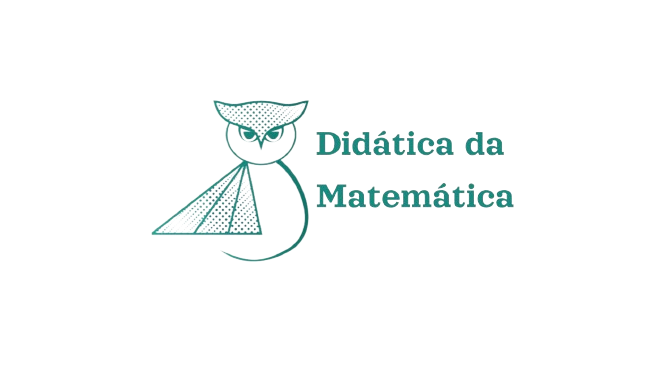Na TAD, essa palavra não significa um processo – o processo de civilização. Aplica-se a um conjunto de sociedades que, até certo ponto, pode-se dizer que compartilham – por meio do feito histórico – um grande conjunto de objetos e relações com esses objetos. O conceito é funcional ao apontar as condições e restrições presentes em um total alcance de sociedades, embora sob um aspecto específico. Ajuda a evitar falsas crenças sobre condições inicialmente consideradas locais – e, portanto, “superficiais” – quando na verdade estão profundamente enraizadas em uma civilização inteira – e, portanto, não são tão facilmente removíveis. (Veja também Escala de níveis de codeterminação didática.)
Texto original
Civilisation. ln the ATD, this word is not taken to mean a process-the process of civilisation. lt applies to a set of societies that, up to a point, can be said to share- through historical fashioning-a large set of objects and relations to these objects. The concept is functional in pointing to conditions and constraints present in a whole range of societies, albeit under a specific guise. lt helps in avoiding false beliefs about conditions at first regarded as local-and therefore “shallow”-when in fact they are deeply rooted in a whole civilisation-and therefore not so easily removable. (See also Scale of didactic codetenninacy leveis.)
Referências
BOSCH, M.; CHEVALLARD, Y. A short (and somewhat subjective) glossary of the ATD. In: BOSCH, M.; CHEVALLARD, Y.; GARCÍA, F. J.; MONAGHAN, J. (Org.). Working whith the Anthropological Theory of the Didatic in Mathematics Eduction: a comprehensive casebook. London and New York. Routledge: Taylor & Francis Group, p. 19-38, 2020.
